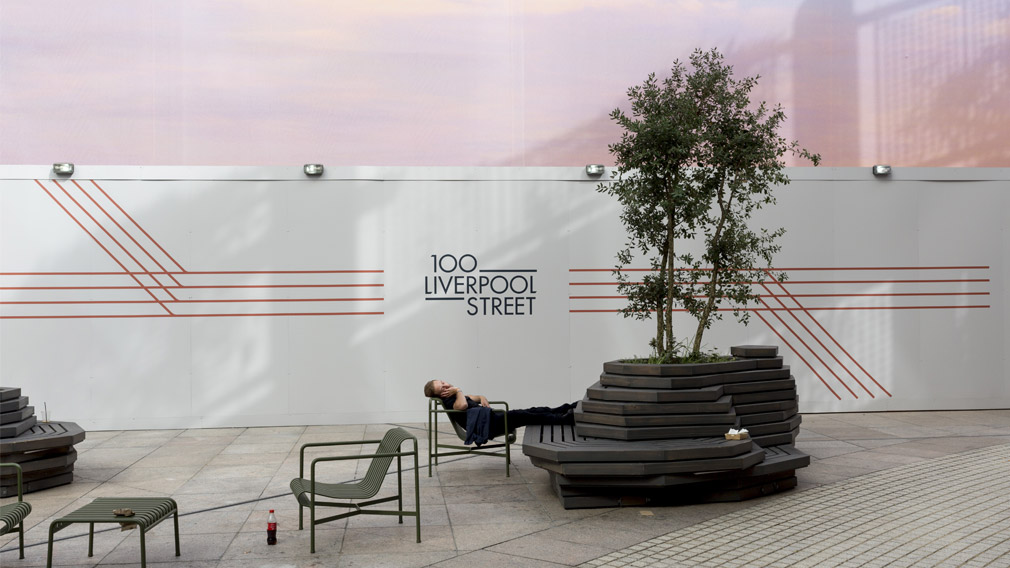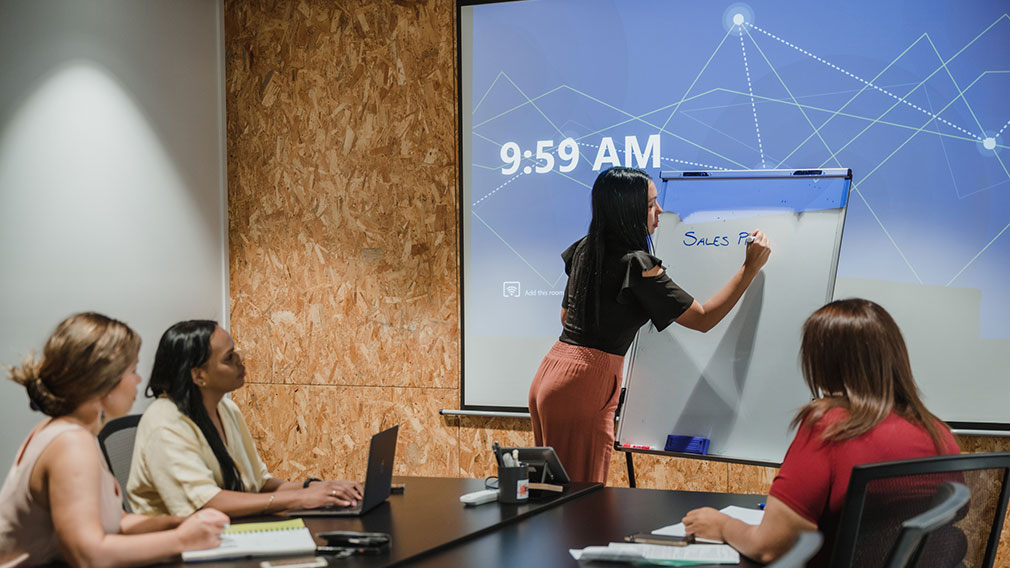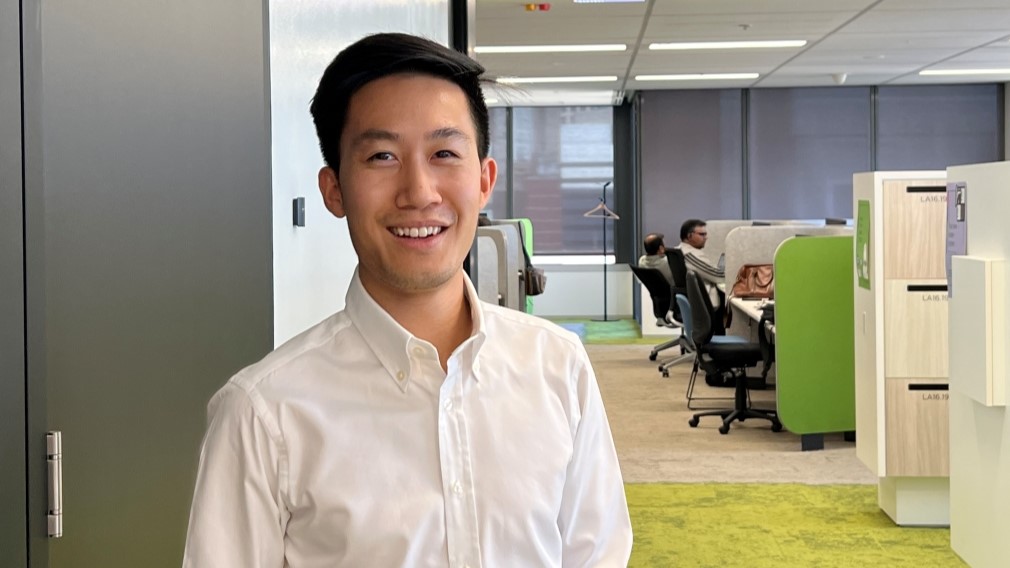Fresh signs sleep nothing to snooze about

A man enjoys a moment of quiet solitude below a construction hoarding in London last year. (Getty)
I love sleep – and am great at it.
I used to ask to go to bed when I was a child; I can sleep comfortably on planes. Yes, that annoys people.
But I’m really bad at waking up. You’d think that if I'm sleeping well I'd be jumping out of bed and bouncing off the walls. In fact, I can't be spoken to before 9am.
But I'm not alone in having less than perfect sleeping habits.
Research shows almost 50 per cent of Australian workers don't get enough sleep. In terms of disorders, a new whitepaper from SleepFit Solutions showed the most common included sleep apnoea, insomnia and restless legs syndrome. Add in babies, children, snoring partners, noisy neighbours, pets and housemates, and it’s actually not surprising almost half of us aren’t sleeping the 7.5-8 hours men and women are thought to need. The paper noted that 7.4 million Australians regularly don’t get a good night sleep, up to 12 per cent get less than an average 5.5 hours.
The issue for companies and their people is what this all means when people are actually awake.
As Westpac Group’s wellbeing manager, I can say sleep is becoming a bigger consideration for us, and I’ve noticed this across other industries despite the challenge of raising awareness among employees, leaders included.
What we’re finding is people obviously know sleep is important, but don't know what to do about it.
In a McKinsey survey, 83 per cent of business leaders conceded their organisations did not spend enough effort educating leaders about the importance of sleep. But almost half (46 per cent) believed that sleep had little impact on leadership performance.
We can't blame organisations too harshly for this. It’s one of many factors that have an impact on a productive workforce. There are issues around workspaces, mental health, nutrition, financial wellbeing and flexibility. The list goes on, and it’s hard to say one thing deserves more attention than another, creating issues in individual priorities. Some jobs also require frequent travel, working across time zones or have busy periods, all of which might impact sleep.
But it’s clearly an issue.
In the UK, a survey by Sealy found almost 33 per cent of workers admitted sleep deprivation impacted productivity, and about one in five were often late to work or had time off. A little more than 10 per cent who’d had a recent accident at work said they felt tired. The banking and finance industry was the second most sleep-deprived profession – in line with similar findings in Australia.
In Australia, it’s been estimated that around 17 per cent of employees may miss work each month because they were tired while 29 per cent reported making errors at work. Naturally, the financial cost is large, at $26.2 billion in 2016-17, the bulk from lower productivity. Then there’s of course additional non-financial costs.
On the flip side, SleepFit’s whitepaper found a more rested workforce led to improved safety, job satisfaction, increased creativity and innovation, and accuracy. It also led to stronger financial returns.
As part of the whitepaper, SleepFit interviewed health and wellbeing managers within large Australian workplaces in banking, retail, transport, utilities and emergency services and found a range of “unique” views on how to conceptualise sleep within holistic health models, including because it spans both physical and mental health domains. It also found more work was needed to raise awareness and concerns around whether sleep programs would be considered too intrusive given sleep primarily occurs during personal time.
We’ve had some success raising awareness as part of our overall focus on mental health. Last year, sleep seminars as part of Mental Health Month in October were some of our most popular, and triggered the most questions. Looking ahead, I see potential opportunities of making use of technology-powered sleep programs for employees or companies working together in sharing insights.
But there’s more work to do. At least many industries are increasingly acknowledging the issue.




